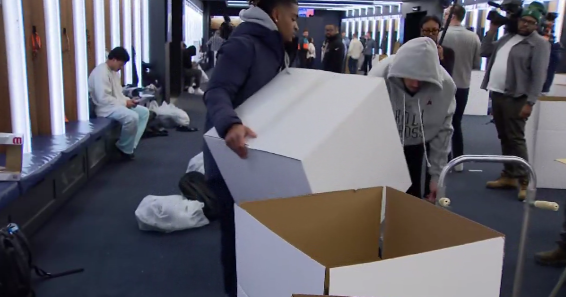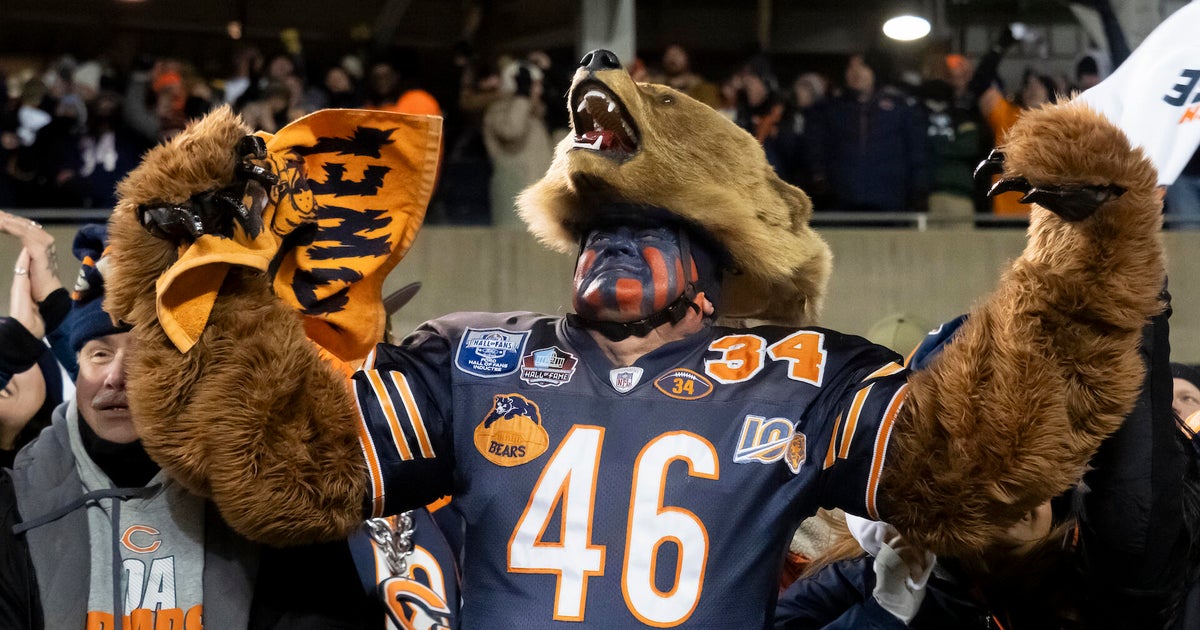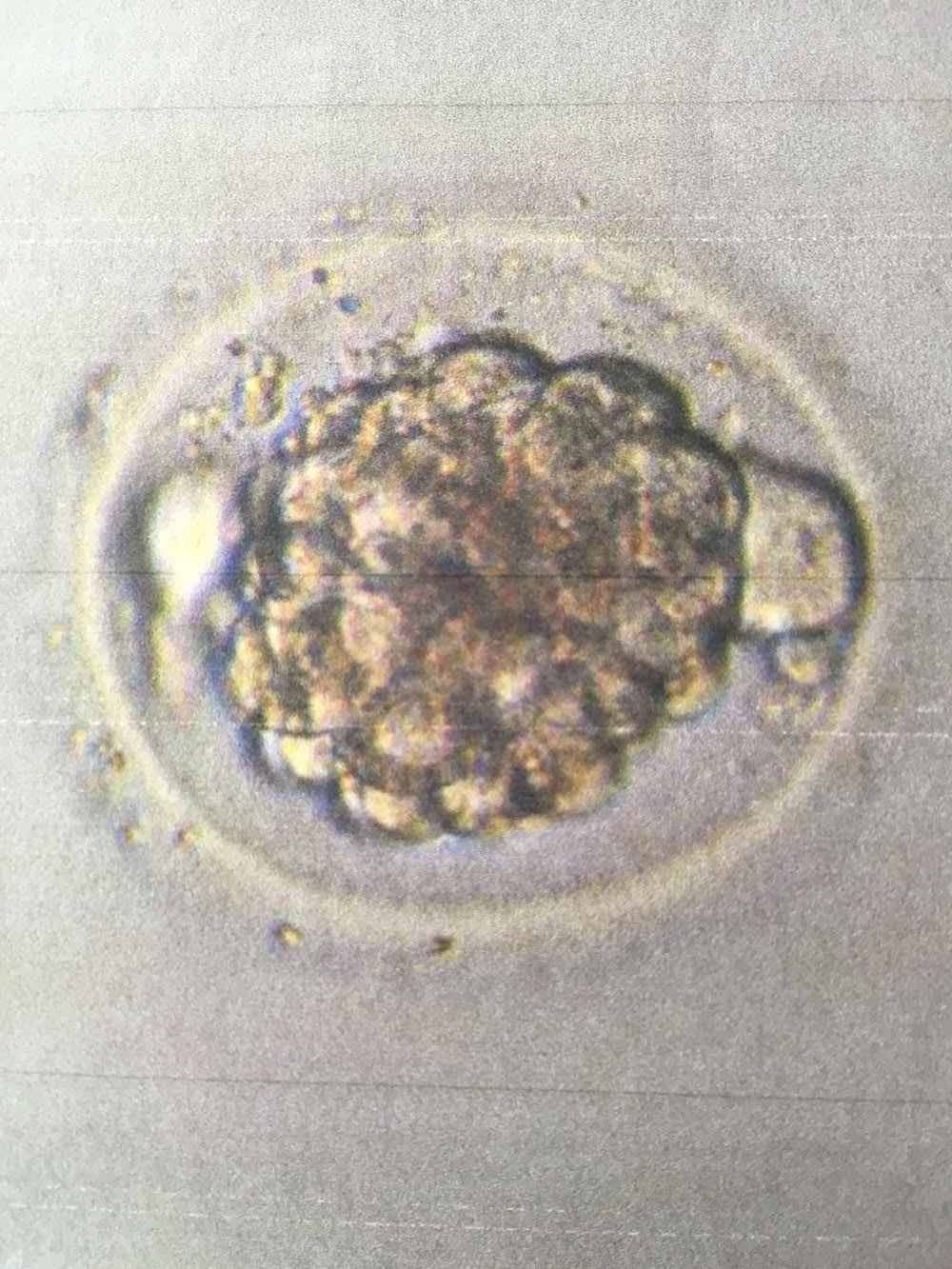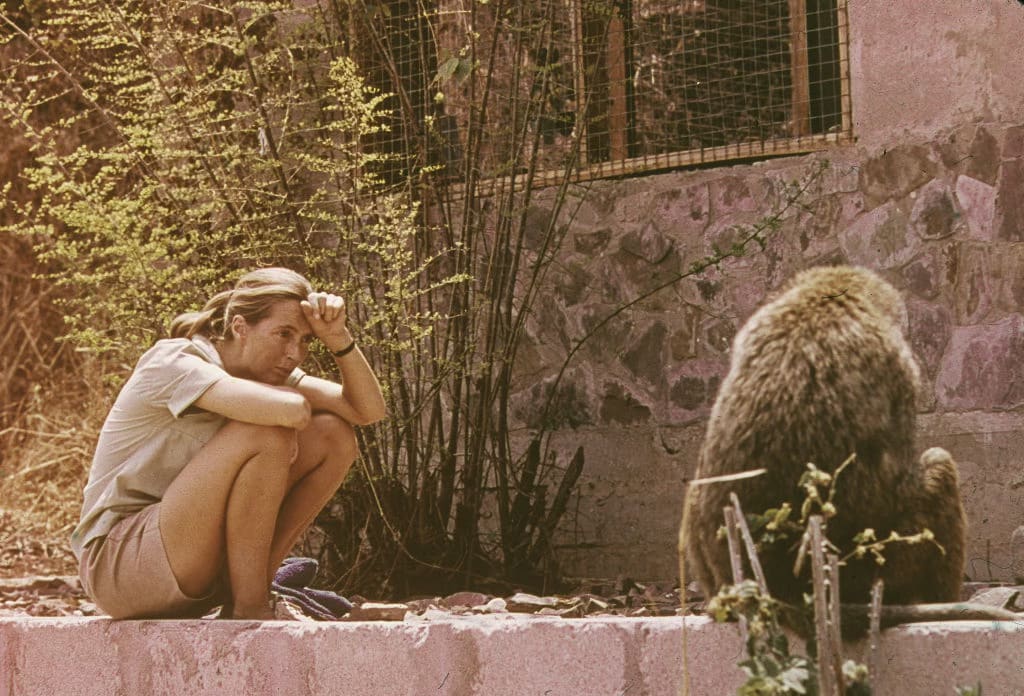Two cheetah cubs born by surrogate mother for the first time in history
Two cheetah cubs have been born through in vitro fertilization and embryo transfer into a surrogate mother for the first time. The Columbus Zoo and Aquarium announced the "groundbreaking scientific breakthrough" on Monday.
The cubs, one male and one female, were born on Wednesday at the Ohio zoo to their surrogate mother Izzy, a 3-year-old cheetah and first-time mom. Their biological mother, 6-year-old Kibibi, has never reproduced and is too old to easily become naturally pregnant, the zoo said.
Scientists retrieved eggs from Kibibi in November and fertilized them with frozen sperm they had collected from a male cheetah living at Fossil Rim Wildlife Center in Texas, according to the National Zoo in Washington, D.C. The fertilized embryos were transferred to Izzy, who gave brith to both cubs three months later.
"These two cubs may be tiny but they represent a huge accomplishment, with expert biologists and zoologists working together to create this scientific marvel," said Dr. Randy Junge, the Columbus Zoo's Vice President of Animal Health. "This achievement expands scientific knowledge of cheetah reproduction, and may become an important part of the species' population management in the future."
These "breakthrough births mark a significant advancement in the field," according to the National Zoo. This was just the third time scientists had ever attempted a cheetah embryo transfer and the first time cubs were successfully born.
The news marks a major accomplishment for wildlife conservation experts because cheetahs are classified as "vulnerable" and have a decreasing population trend in their native range of Africa, according to the International Union for Conservation of Nature.
Scientists estimate that the cheetah population in the wild has declined to only approximately 7,500. Due to threats including habitat loss and fragmentation, conflict with farmers, and unregulated tourism, cheetahs now inhabit just 10 percent of their historic range.
Following this achievement, scientists are hoping to gain enough experience with this technique to freeze embryos and transfer them to Africa.
"It really opens the door to many new opportunities that can help the global cheetah population," said Jason Ahistus, Fossil Rim Wildlife Center Carnivore Curator. "This is a big win for the cheetah."









